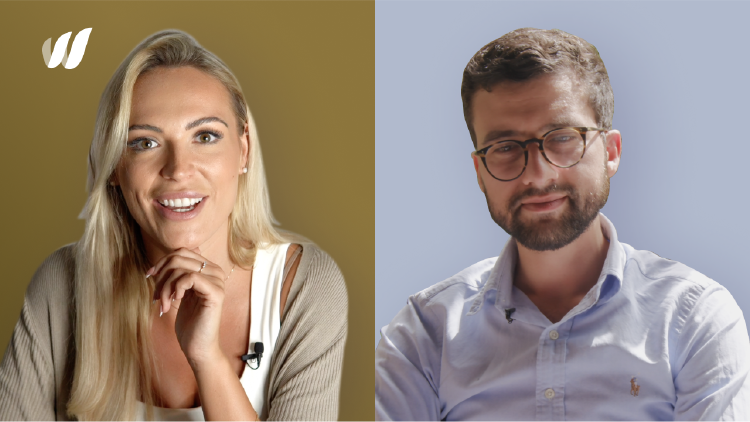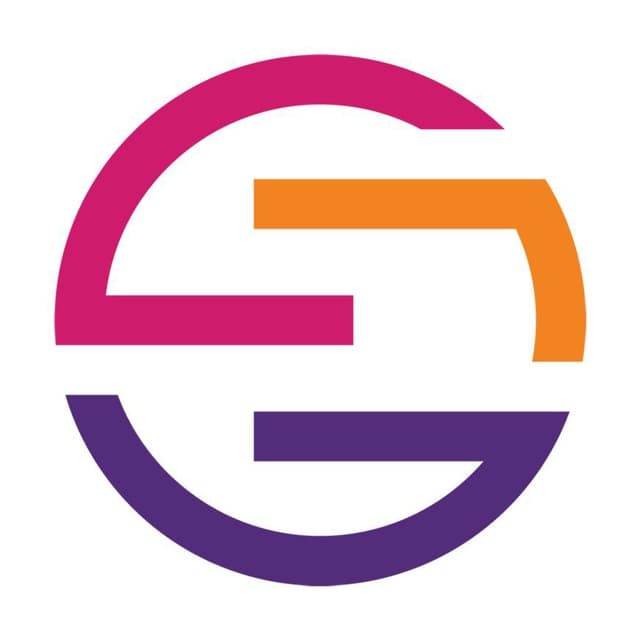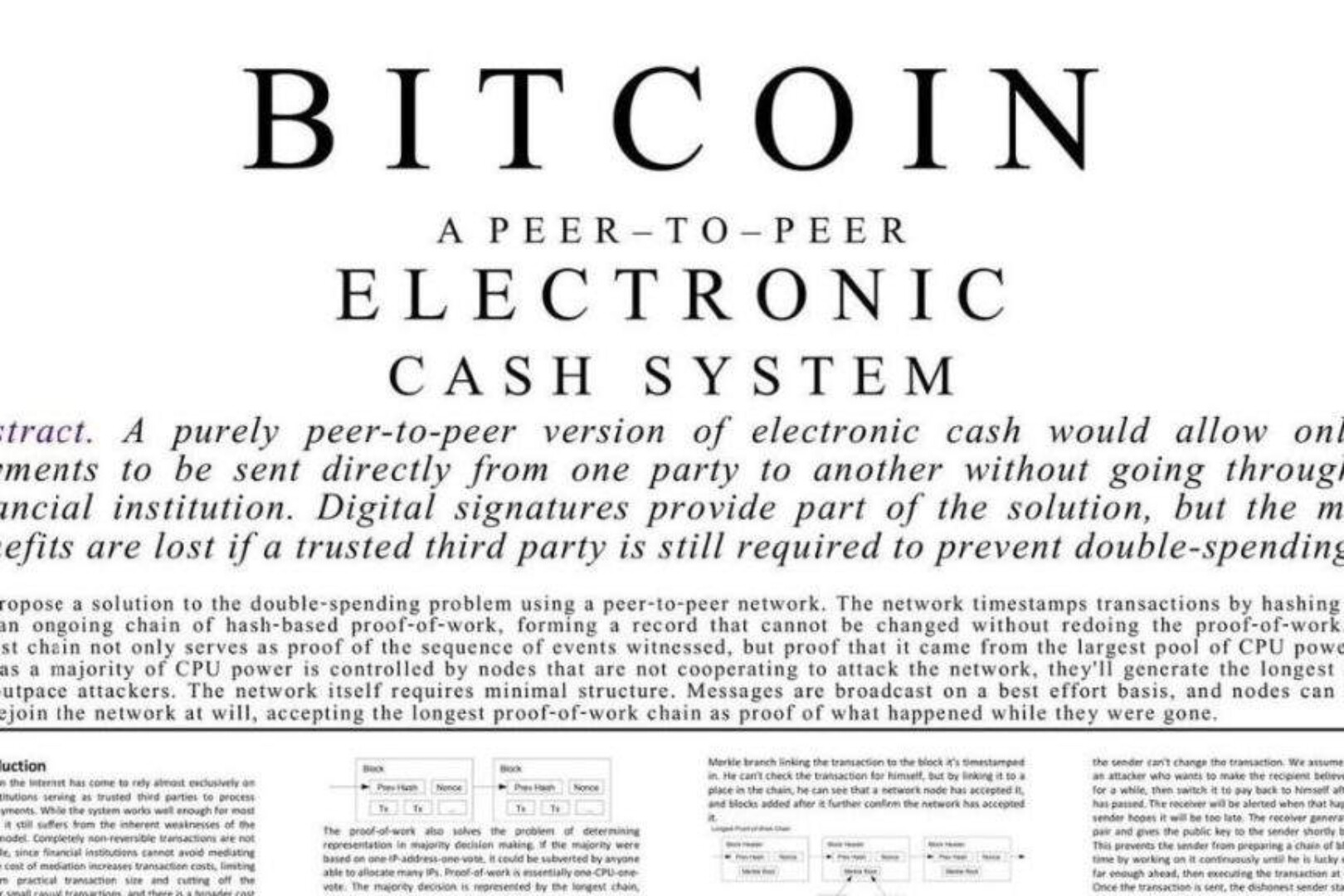
Jessica: Hello, welcome to World Mobile. Today we invite Mr. John O'Connor. We'll discuss progress and learn more about John himself. John, thank you so much for joining me today. Are you OK?
John: Well done Jessica, thank you so much for having me on the show, I'm so happy to be here.
Jessica: Nice to have you here, can you let the World Mobile community know where you are now? that would be a great thing
John: Yes, we are filming today in the gardens of Addis Ababa, the capital of Ethiopia, so this is my home, I am the director of operations in Africa for Input Output and Cardano.
Jessica: Great to be with you and the World Mobile team, so we'll go a little deeper and see some of the work you're working on. But first, I would like you to offer some insight, to the World Mobile community, about yourself and your current work, since you started out at the Cardano Foundation. How did you join the Cardano Foundation in the first place?
John: Yes, I worked at Cardano for 5 years before, and I was one of the founding members of the team. We completed the Cardano fundraising, and code work on the project. I was living in London working in tech and heard about this new cryptocurrency opportunity. In fact, it was early days in the industry and I had been reading about blockchain for a while. In the back of my head, I started thinking: "Do we really need another cryptocurrency? Does it make sense to have so many of them?". Then, then I watched a video of Charles, Charles Hoskinson, our CEO, who gave a talk at TEDxBermuda.
"Charles talked about the value that blockchain can bring in terms of digital identity, faster payments, and how you add all those things together, and in effect, what you have is the recipe for financial inclusion. That's to me Makes sense."
So since then, I have been working on Cardano for the past five years.
Jessica: That was your eureka moment! You've been actively involved in it? It's great that you're also part of the community, and your role has changed a lot. So your current role is IOHK's Africa Operations Director, how has that role evolved?
John: Given that my interest has basically been in financial inclusion, being in charge of the strategy there. After I had done the initial work of getting us live on the exchange, with the pre-work that was required to launch, I realized I wanted to do more work on my passion, the financial inclusion part. So, I worked on Suggested to Charles at a community event that we should have an entity focused on Africa that really works to drive adoption, as we say, to build a bridge between experts and academics who are all doing this very valuable Blockchain research. But there are also real needs and business cases from people we say we want to build products for. So for me, that means moving to Ethiopia, doing business here and making sure we have a deep understanding of the problems we're trying to solve.
Jessica: So you end up with sub-Saharan African economies as your main focus. You must have seen the huge potential of the many opportunities here; how do you see blockchain playing a role in it?
John: Essentially, the problem we are trying to solve comes down to a lack of adoption of digital IDs and a lack of good financing options, simply put:
From the perspective of blockchain technology providers, building this financial infrastructure is cheaper, more economical, and more accessible than traditional finance.
It doesn't make sense for a bank to bank a small number of pharmaceutical companies in Ethiopia. Because there is not enough money here and you don't want to open a branch there. Although they also have some property, the benefits you get from users are too little. Therefore, they do not achieve financial inclusion.
So what we're doing is building a suite of technologies that can provide this faster, cheaper, more efficient way to make it easier to bank these populations through digital wallets, smart contracts, and faster payment channels. So that's really what it is for us, to disrupt what traditional banks do by changing the economic system.
Jessica:certainly. I read a statistic earlier today that said there are roughly five mobile phones for every bank account in the world, it's a staggering statistic, and it's in line with our next talking point, so here's your introduction to the World Mobile, how do you communicate with the World Mobile team?
John:Micky Watkins, CEO of World Mobile. He was in London, heard about the idea at a meeting in Edinburgh, and Micky pitched it to Charles as soon as he got on the train. Charles sent me an email. We've actually been discussing the idea with the World Mobile team since then. Two years ago, shortly after the first visit, I flew to Tanzania to visit them, and since then, after careful planning. I think we've come up with a very interesting model for building a sustainable telecom business. At the same time giving back to the people who will operate and use it, this is our real goal.
“By drawing on the latest innovations from blockchain and decentralized finance, we have found a real-world sustainable model that can be practiced within Tanzania after being technically validated.”
Jessica:marvelous! So this started as an idea from Micky, and after two years of hard work, some results have been achieved. I would love to ask you, in your opinion, what makes World Mobile stand out from the crowd of blockchain projects, and how to connect people?
John: There are not many projects dedicated to providing web services. Now, from my point of view, if we want to bank the unbanked, we need to connect them to the network first. Few have actually attempted to address this core problem. I believe Wolrd Mobile stands out precisely because it solved this problem and created a very interesting and sustainable model without having to make huge capex investments like traditional telecom operators. So to me, we've designed a lot of these concepts around the sharing economy and we're working hand-in-hand with World Mobile.
"So for me, the real magic of this project is that this is the first successful implementation of financial inclusion in the real world. It's been done this year. So it's not five years and it's not 10 years. It's very Indeed, people will be able to see its application in the not-too-distant future.”
Jessica:marvelous. “Banking the unbanked” is a phrase you hear a lot in the blockchain and crypto community, we need to connect the unconnected. This seemed to become so obvious when Micky highlighted how many people in the world are living without an internet connection, and the potentially significant impact and knock-on effects on regions, continents and economies. So, I'd love to ask you what kind of big impact this will have on Africa? What can we get out of it?
John: Take Ethiopia as an example, Ethio Telecom has a monopoly on Internet service across the country, and they have been charging people exorbitant data rates for years. When I moved to Ethiopia, I was buying top-up calling cards every day to be able to keep up with the video calls with the IO team. Since Vodacom is going to come into the market, they dropped the price a lot, you see it everywhere, right? Low-income people cannot watch streaming media on Youtube or use online banking. It's like none of this stuff is relevant to them because the cost of getting online is so high.
"So overnight, what you're seeing is a dramatic shift. Technology businesses can finally build because they have the infrastructure there. Retail businesses can start thinking about e-commerce, and people can start thinking about exporting because they're aware of what's going on in these markets. With more understanding. It's a game changer."
It's totally transformative, and I've seen it being so simple to drop the price here would be transformative.
Jessica: Great, there seems to be such momentum. What will IOHK do next, can you share it with the World Mobile community? Share some things we can look forward to?
John: I can't say, and telling everyone ahead of time might get me into trouble myself. But what I can disclose is that in Ethiopia, we are providing digital IDs to 5 million students, and we have seen high-level stakeholders in Africa are very interested in being able to implement the same digital ID solutions across government credentials, government documents. For us, the real opportunity is that we can join an alliance that includes World Mobile, and the two products are synergistic. So you can imagine it boldly, but sorry I can't reveal it yet.
Jessica: Well, thank you so much for joining us, it's great to see you working with the World Mobile team on behalf of Cardano and IOHK, and it's great to learn more about your background.



